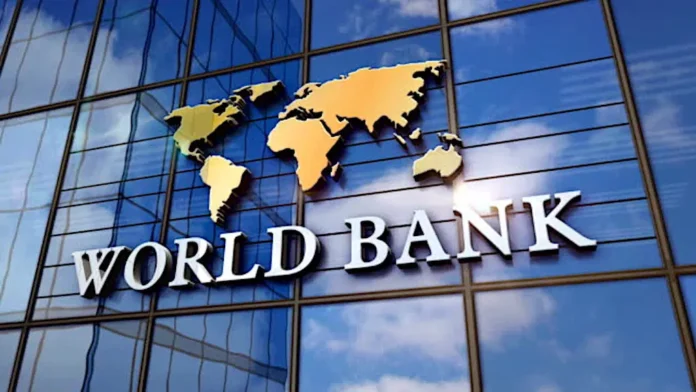In 2025, the Federal Government of Nigeria will receive a total of $2.2 billion in fresh loans from the World Bank.
The $2.2 billion will be distributed among six projects, per the World Bank’s project list.
The “Community Action for Resilience and Economic Stimulus Programme,” which is scheduled for approval on March 17, has $500 million allocated by the international financial institution.
The World Bank also intends to approve $800 million for “Accelerating Nutrition Results in Nigeria 2.0” and $552 million for “HOPE for Quality Basic Education for All” on March 31.
The financial organization, which is based in Washington, also announced that it will sanction $300 million on July 15 for the “Solutions for the Internally Displaced and Host Communities Project” and another $300 million for the ‘Health Security Program’ on August 19.
It was also mentioned that if approved on September 15, another initiative called “Building Resilient Digital Infrastructure for Growth (BRIDGE)” will receive $500 million.
The World Bank states that the Health Security Program and the BRIDGE initiative are still in the early phases of planning and assessment, since they are still in the concept review stage.
In the meantime, the projects “HOPE for Quality Basic Education” and “Accelerating Nutrition Results in Nigeria 2.0” have advanced to the negotiation phase.
In 2024, the international lender gave Nigeria $1.5 billion for a number of important development projects meant to improve the nation’s economic stability and resource mobilization.
Nigeria’s loan exposure from the International Development Association (IDA) of the World Bank increased to $17.1 billion on November 19, 2024.
Nigeria came in third place among the top 10 debtors, per the IDA’s September 2024 financial statement.
Nigeria was still the third-largest debtor to the World Bank’s IDA as of December 31, 2024, despite its exposure having decreased to $16.8 billion.

